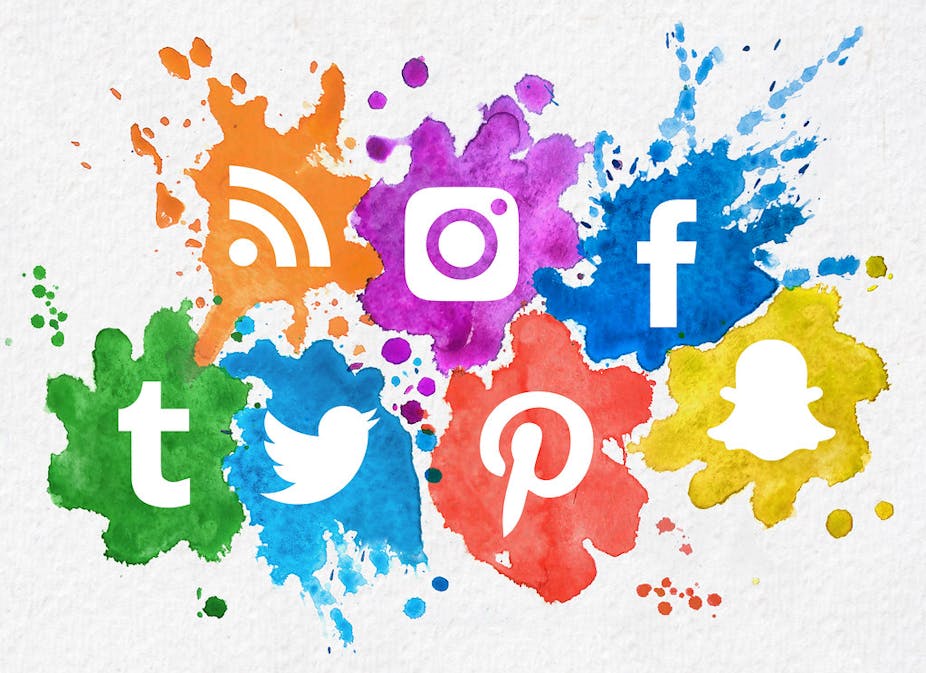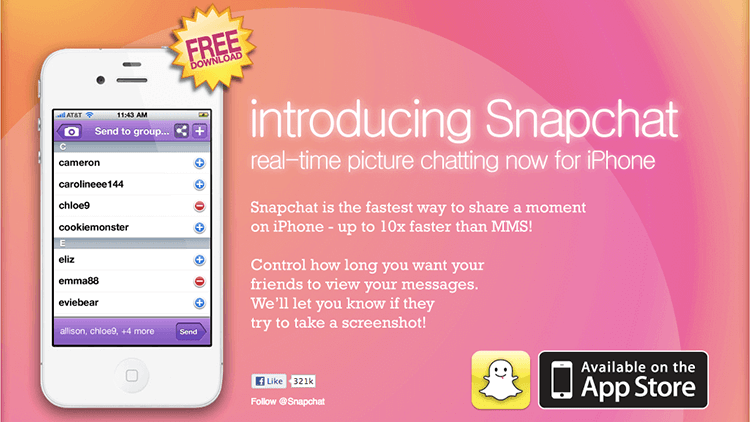Additionally, due to technology, there has been a rise in obesity and laziness. Technology is associated with a lack of physical movement and sitting down. A recent report stated that the average American has around 13.6 hours of media consumption a day. Because of this, people are spending less time with others and less time being active or exercising, which is linked to an increase in laziness and obesity.
Another terrifying aspect of technology is that it is affecting the mental health of social media users. Social media is linked to increased depression and anxiety disorders along with eating disorders. This is due to the fact that people feel the need to compare themselves and live up to what is seen on social media. Lately, there has been a push to spread body positivity, but it has not always been that way. For example, in 2015, one-third of Anorexia related videos on YouTube could be classified as "pro-anorexia". Additionally, these videos were more likely to get views than those that were informative, and that highlighted the consequences of eating disorders. But how is this allowed to happen? Personally, I believe that if there was less technology, there would be a decrease in "glorifying" these disorders and that the younger generation would be mentally healthier.
Lastly, children are getting technology earlier and earlier instead of playing outside or using their imagination. In a way, we are training them to become dependent on technology in the same way we are. Could parents just be handing their children tablets and phones as a way to get them to be quiet and to sit still? Possibly. But I feel like they disguise that by saying they are using technology as a learning tool. In fact, nearly 83% of children aged six months to six years use technology daily to read, play, or learn. But is this a healthy habit to start? Probably not.
I, for one, love technology and all the good that comes from it, but I will admit that I have an unhealthy relationship with technology and social media. In a way, I have become a slave to my phone; for instance, anytime I hear a "ding" I immediately have to check the notification. My phone is always in my hand so I can feel connected to friends and family and to get on social media or play games if I become bored. However, after Apple released an update where you can check your screen time, I have become more aware of the issue and try to interact with the people around me instead of my phone.
The drastic advancements in technology allowed people to become slaves to technology and depend on it in their daily lives, yet this is never discussed. I believe this is something that society needs to be aware of. And yes, technology has done lots of good for our society, but does the good outweigh the bad?
https://dailyutahchronicle.com/2018/01/28/parkin-technology-harmful-helpful/
https://www.ncbi.nlm.nih.gov/pmc/articles/PMC5003636/
http://www.child-encyclopedia.com/sites/default/files/docs/coups-oeil/technology-in-early-childhood-education-info.pdf




